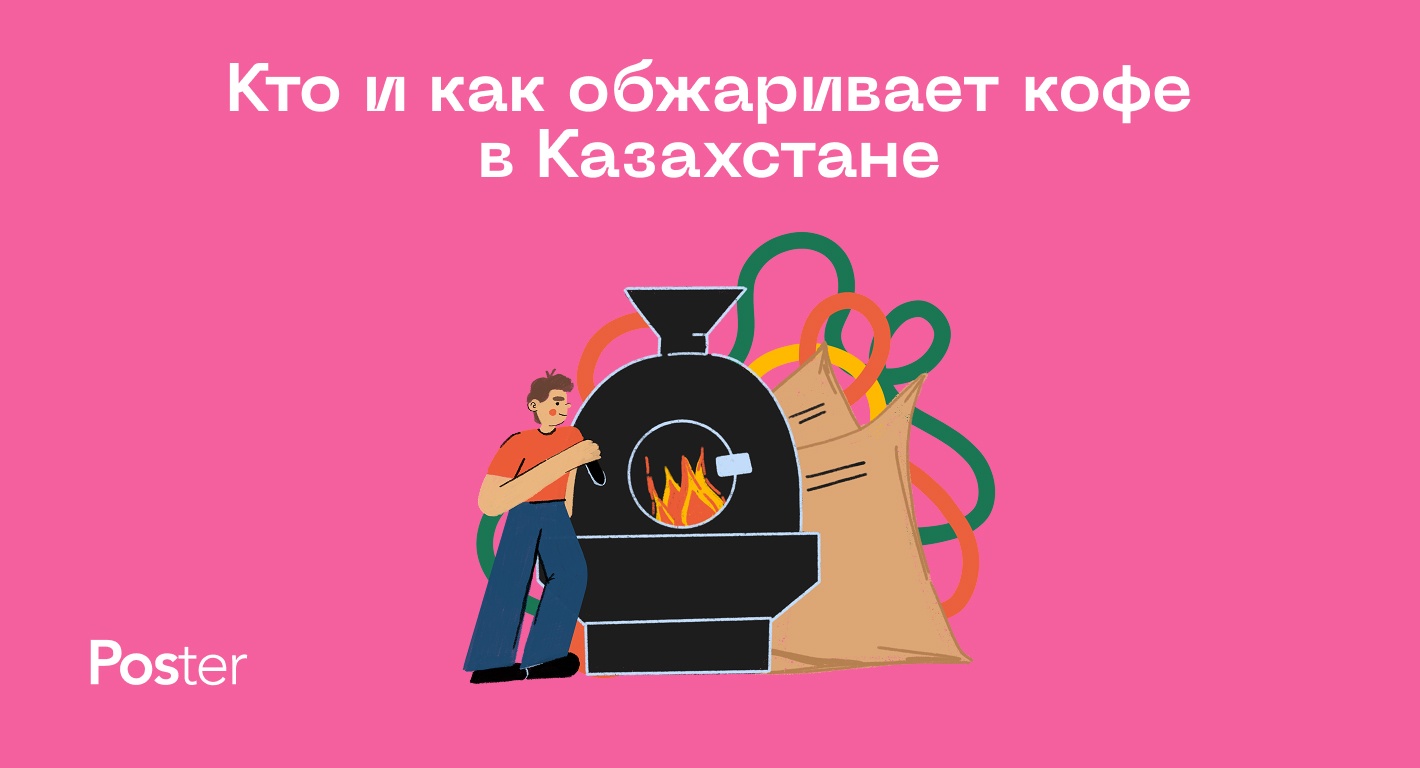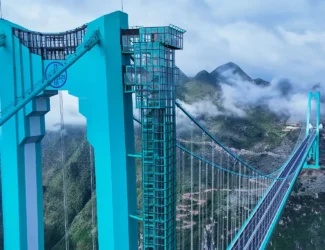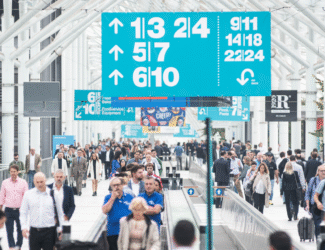
Who Roasts Coffee in Kazakhstan – Poster Research
Dubai – Qahwa World
Just five years ago, Kazakhstan’s coffeehouses were supplied by only four or five local roasters. Today, there are more than twenty. The main driver is a clear shift in consumer behavior away from instant coffee and toward higher-quality roasted beans.
This research by the café and restaurant automation company Poster explains what a “typical” Kazakhstani roaster looks like, the equipment they use, and how they sell their coffee.
Audience and Methodology
The questionnaire was completed by 11 coffee roasting companies from cities across Kazakhstan, including Almaty and Karaganda. Together, they represent more than 50% of active roasters in the country.
Participants: Spectre Coffee, Barista Coffee, Local Coffee Company, Serikov Coffee Company, Choose Coffee, Flask Coffee, Grossa Coffee Roasters, Master Coffee Roasters, Cosmic Garden Coffee, Atyrau Coffee Roasters, Born Brave Coffee Roasters.
All results are presented using median values.
Prices and Product Range
On average, roasters offer 19 coffee SKUs (minimum 7; maximum 50+).
The lowest price averages ₸10,000 per kg, while the highest price averages ₸35,000 per kg. Exclusive specialty lots can reach ₸239,000 per kg.
Sales and Distribution
-
64% of roasters operate their own cafés (about two per brand).
-
100% sell retail to guests and wholesale to HoReCa.
-
45% work with retail chains.
-
Retail sales account for a median 17.5% of revenue.
-
64% have an online store.
-
100% offer grind-on-demand and free delivery.
-
73% produce their own blends.
-
10% of roasting volume is dedicated to filter coffee.
Websites and Social Media
-
73% have a website.
-
100% have Instagram accounts, with a median of 2,169 followers.
-
82% publish educational content about origins, brewing, and coffee culture.
Equipment and Productivity
All respondents own their roasters (not rented). The most popular brand is Giesen (~45%), followed by Probat, Stronghold, and others.
Typical monthly output per roastery is around 3,000 kg:
-
22% produce < 3,000 kg
-
56% produce 3,000–5,000 kg
-
22% produce > 5,000 kg
Market Challenges
Roasters point to the following key challenges: tenge devaluation, rising raw-material prices, price-dumping by competitors, and low margins.
A note on logistics from Chikhun Jong, founder of Flask Coffee (Almaty): Kazakhstan is the world’s largest landlocked country; without a major seaport, logistics remain a serious issue and importing is very expensive.
Expert Comment
Rodion Yeroshek, CEO and Co-founder of Poster: In recent years, Kazakhstan has seen a real coffee boom. Dozens of cafés have opened, including high-quality specialty venues. Roasting is growing, barista communities are forming, and consumers are eager to explore — all of which position Kazakhstan as a potential specialty-coffee hub for Central Asia. Poster supports cafés and roasters with simple, integrated automation — POS, inventory, finance, and analytics — so teams can focus on product quality and people.
About Poster
Poster is the first cloud-based automation system for cafés and restaurants in Central Asia (founded in 2013). It covers POS, inventory, QR menus, AI assistants, delivery, finance, analytics, and CRM.
Today, Poster serves 28,000 businesses in 110 countries, including 2,000 clients in Kazakhstan, and processes about 1.8 million transactions daily.






